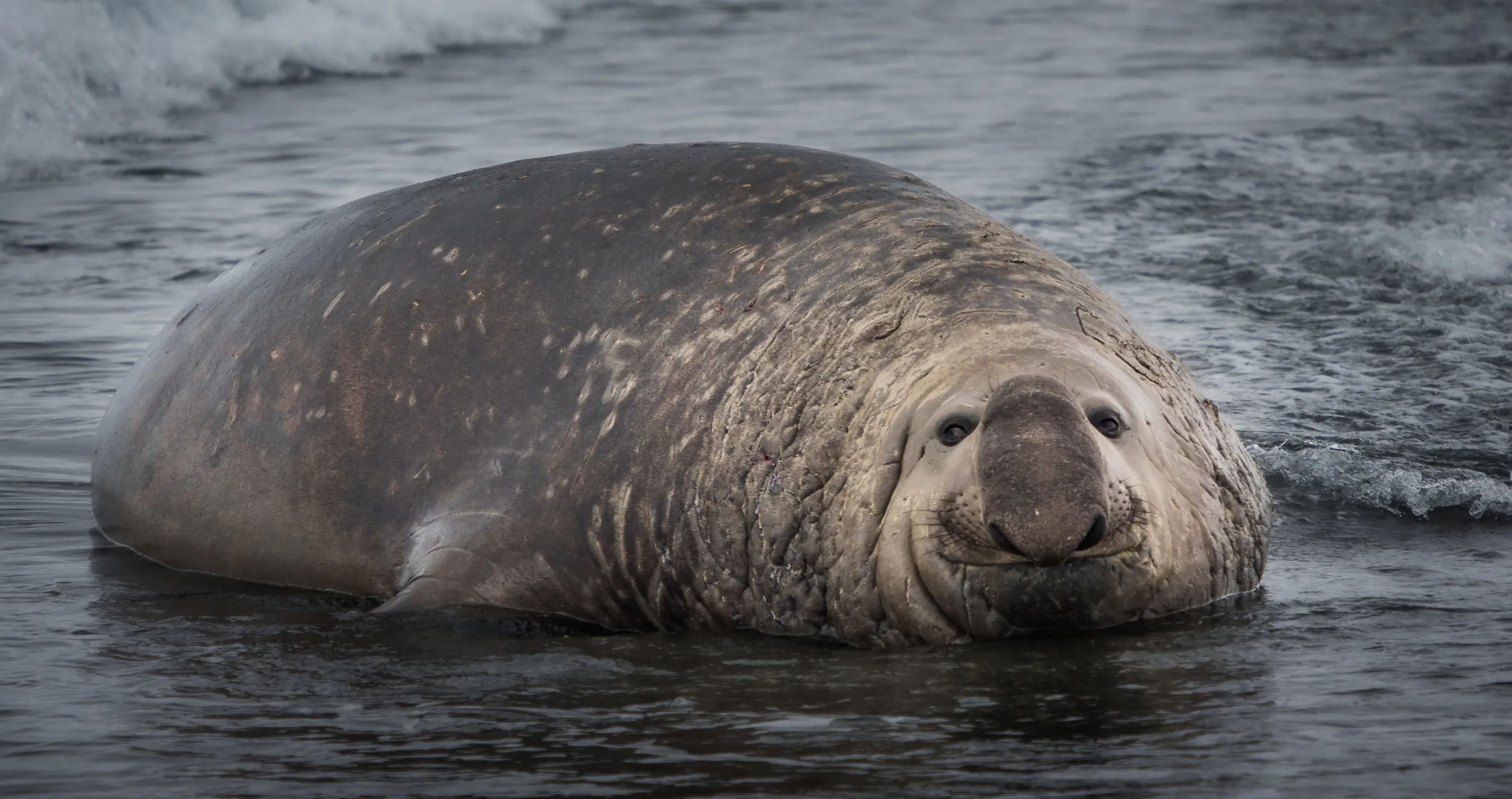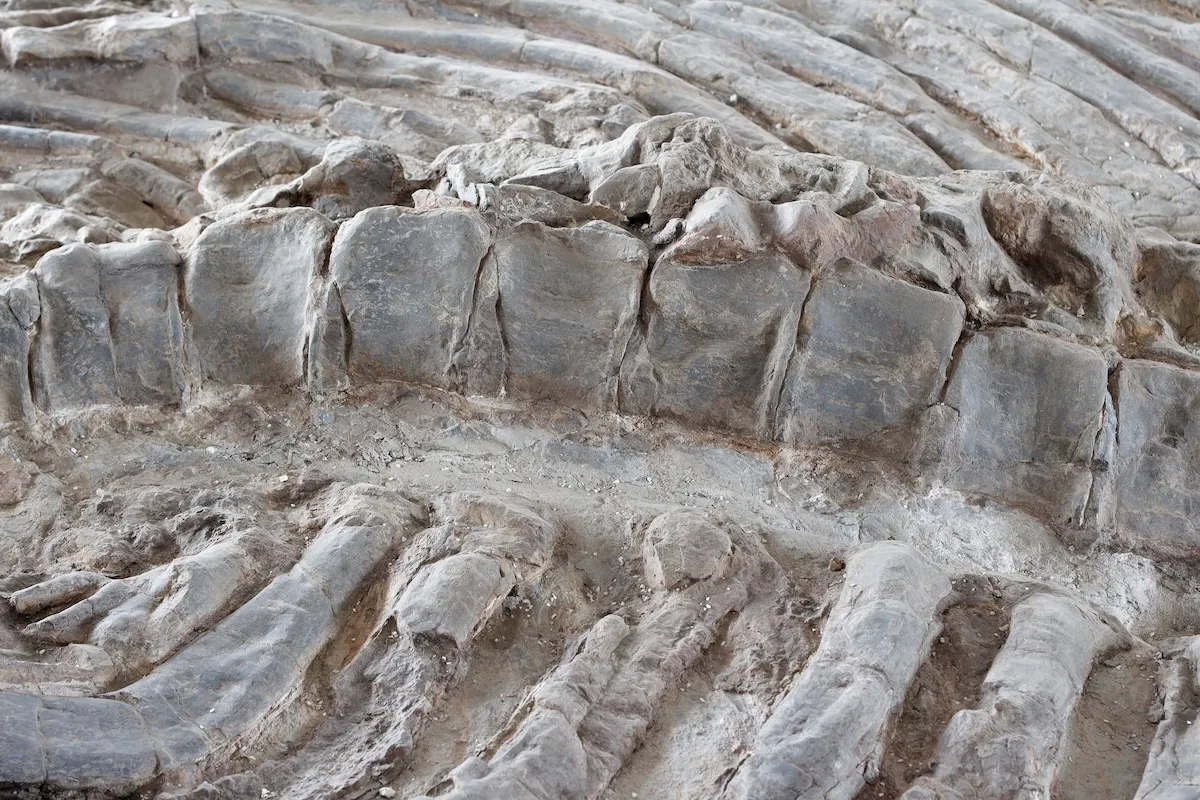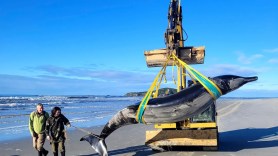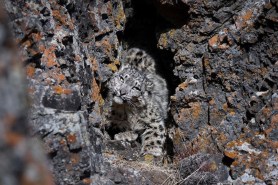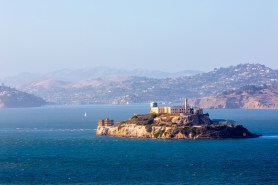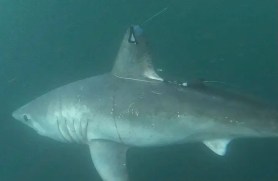

The Texas Parks and Wildlife Department (TPWD) says zebras have infested a Texas lake, but not the African variety of zebras you might think. Rather, it’s an infestation of zebra mussels.
Videos by Outdoors
The TPWD released a statement today saying the Amistad Reservoir, a man-made lake formed in 1969 by the construction of Amistad Dam, is “infested” by invasive zebra mussels. The Amistad Reservoir is near Del Rio, Texas, on the U.S.’s border with Mexico.
Zebra mussels are an invasive species of freshwater mussel native to seas in eastern Europe. Humans brought them to North America unknowingly, and the animals spread from lake to lake through ballast water and contaminated recreation equipment, according to the U.S. Fish & Wildlife Service.
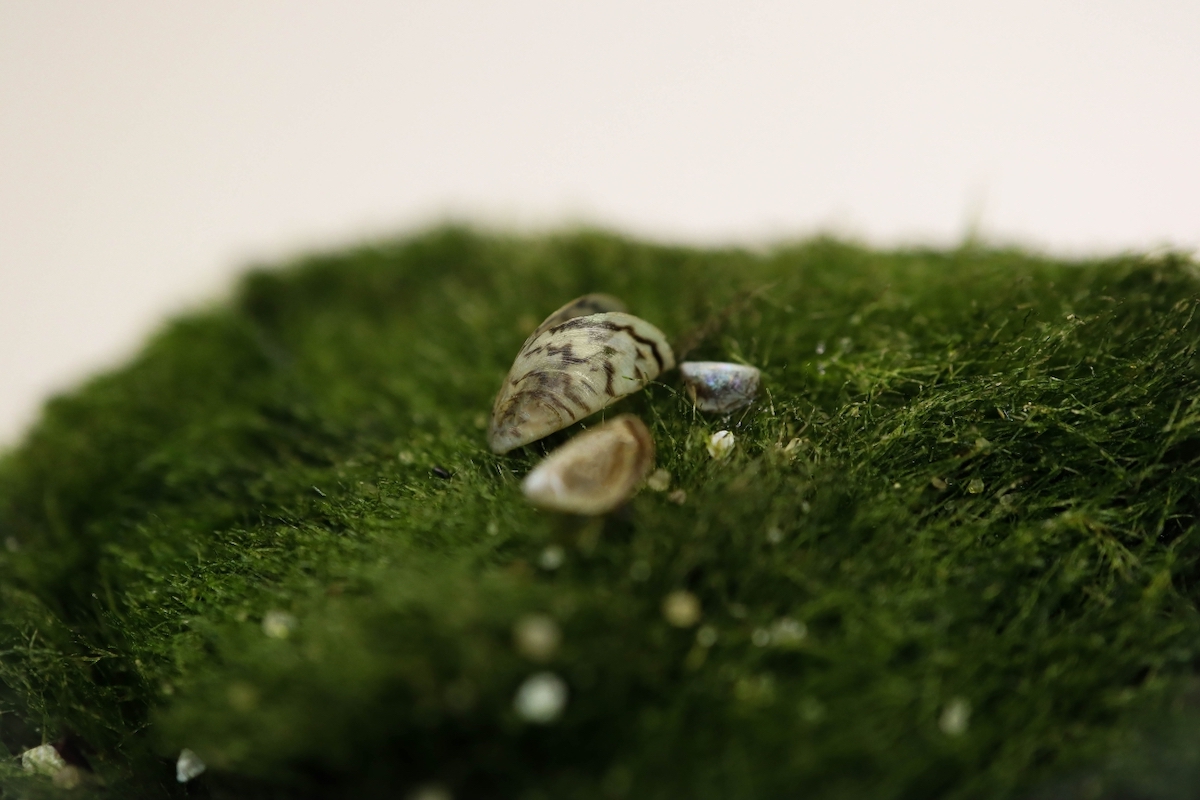
Chris Ryan, superintendent of the Amistad National Recreation Area, says officials recently detected adult zebra mussels along the area’s lakeshore, “indicating that an established population is present in the lake.”
He further explains that zebra mussels can damage ecosystems, infrastructure, and fisheries.
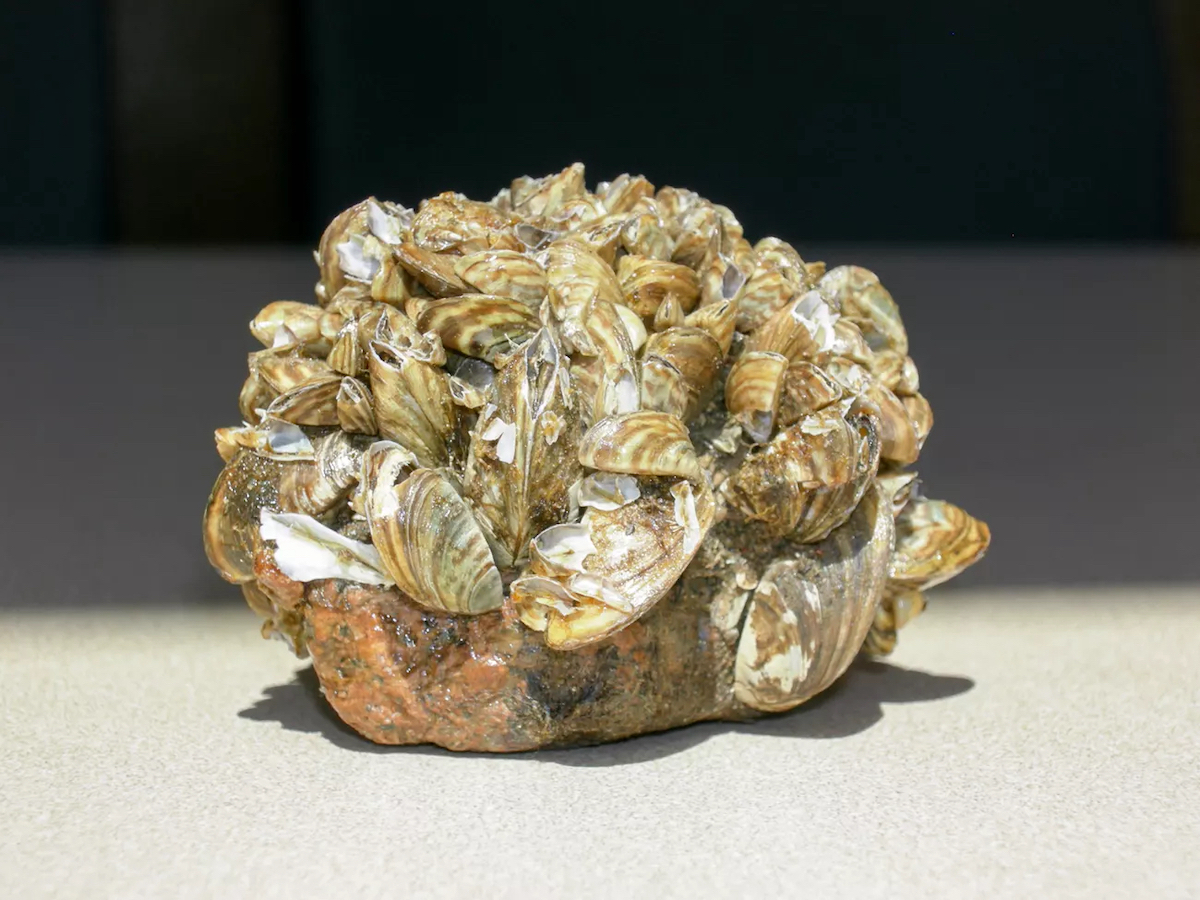
To prevent the spread of invasive zebra mussels, the TPWD encourages everyone to be good stewards (and follow Texas law) by cleaning, draining, and drying their vessels as they approach and leave public freshwater lakes.
The department also made this entertaining and informative video detailing how to do this:
Invasive species are disruptive to native species by competing for resources. Since nature requires balance, outdoor lovers should care about invasive species and do what they can to prevent them from taking hold in the wild places they love.
